Heart Healthy Tips for American Heart Month
These days it seems like every day is a different national food holiday*, grabbing the attention of “foodies” [love it or hate it, the word is here to stay] worldwide. February does not only house National Fondue Month (how fitting for Valentine’s Day!), National Bagels and Lox Day [February 9th], and National Pancake Week [the 4th week], but also a very important national recognition: American Heart Month.
Heart disease is the number one cause of death for BOTH men and women. I entered the field of dietetics to promote prevention and reverse disease. While our country is already facing an obesity epidemic [which I hope to help address], everyday new lives begin and it’s my job to help promote health…before disease develops.
Did you know that signs of heart disease, specifically plaque build up, can occur before age 10?
Many risk factors of heart disease are uncontrollable — age, sex, family history, ethnicity — but others are 100 percent within our reach. We decide how much exercise we get, what food we eat, if we’re going to binge drink this weekend, or if we’ll light another cigarette.
As a member of the “Millennials,” I know we often think of ourselves as invincible, but I want my peers to know that we still have the ability to change the course of heart disease…it is reversible!
It’s not too late to take your health to heart by following these heart healthy tips:
Shake your salt habit. A new study widely publicized last week said that we may be able to handle a more liberal sodium intake. While this sounds great, many Americans are already consuming excessive quantities of sodium. If you tend to salt every thing you eat, you could be blindly welcoming high blood pressure. Even more worrisome are the HIDDEN sources of sodium in your diet. Read ingredient labels of bread, canned products, tomato sauce, and cereal…they’re often hidden sodium bombs!
- Tip: Swap salt out of your shaker and fill it with a no-salt spice blend instead for an extra burst of flavor, but no added sodium.
Eat the right types of fat. While the Atkins craze of the ’90s left us fearing fat, research shows there’s NO reason to! “Fat will not make you fat” is a common sentiment used by dietitians to help dispel this rumor. In fact, monounsaturated fat — in avocados, nuts and seeds, salmon, and olive oil — will actually reduce inflammation and fight free radicals, which are two factors contributing to heart disease.
- Tip: Even though monounsaturated fats are heart-healthy, they still have calories! Prevent portion distortion by using these guidelines as serving sizes:
- ½ of your thumb or ½ golf ball for 1 tablespoon of nut and/or seed butters
- 1 ping pong ball for 2 tablespoons of oil-based salad dressing
- 1 poker chip for 1 tablespoon of olive oil
- ¼ to ½ of an avocado
Focus on fruits and veggies. The antioxidants in fruits and veggies combat many diseases from infections to arthritis to heart disease. Make produce the superstar of your plate, then garnish with protein and fat.
- Tip: Frozen produce is just as nutrient-dense as fresh. Make sure the package says “flash frozen” and does not have any added preservatives or sauces.
Find a form of exercise you’re passionate about. If you’re not a naturally-born exercise junkie, spend time exploring various activities until you find [at least] one you look forward to doing…consistently!
- Tip: Get your friends involved in fitness for a social sweat sess!
Put out your cigarette habit. The research is clear: smoking can kill you. Smoking is most notorious for leading to lung cancer, but it also contributes to heart disease. Instead of viewing it as quitting, focus on what you’ll add to your life instead — 10 years [maybe 20?], better relationships (because you’re not always leaving mid-conversation for a drag), and a sense of accomplishment (you CAN stop the habit).
- Tip: Set up a reward schedule to motivate yourself to quit. With the extra cash you’ll save, indulge in a massage when you’re smoke-free for a month or a mani/pedi at 2 months!
Hit the sack for 8 hours nightly. While I may have the other heart-healthy tips down pat, one I consistently falter with is a lack of sleep. Sleeping for under 6 hours has been associated with an increased risk of high blood pressure, arrhythmias, heart failure, and stroke. As a bonus, a consistent 8 hours (OK, 7 to 9 hours) has been shown to improve memory and repair muscles, so you’ll perform better at work and noticeably feel your best the next day. Let’s shut off the blue light (I’m talking about you, Instagram!) an hour before bedtime!
- Tip: Contrary to popular belief, a nightcap will NOT lead to a more restful sleep. While alcohol may allow you to nod off quicker, you are more likely to wake up in the middle of night, whether or not you remember in the morning!
Incorporating even one of these heart-healthy behaviors will lead to a healthier YOU! As always, if you have any questions or comments, I’m always listening!
Stay healthy, people!
XO
Disclaimer: Any advice or recommendations here are NOT meant to replace that of your personal physician or dietitian. Do not begin any exercise or eating regimen without consulting with them first!
*Total side note…Did you know that the President (yes, of the United States) is in charge of declaring these national holidays?


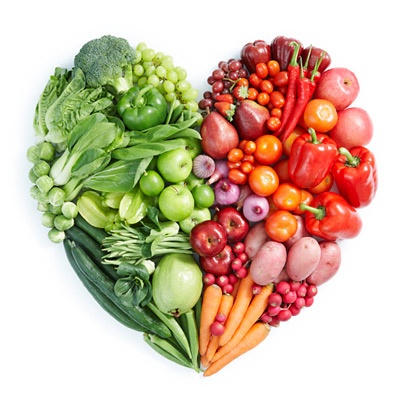

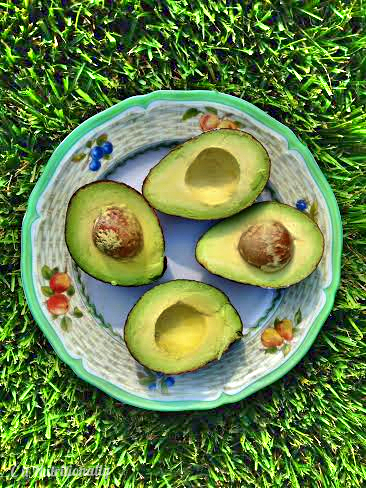
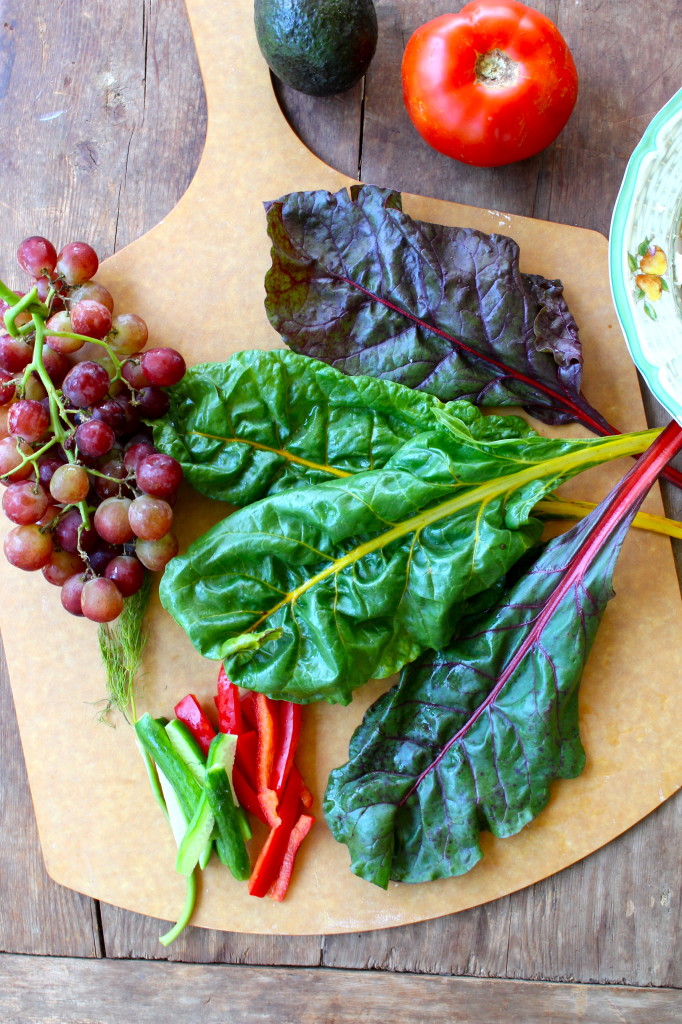
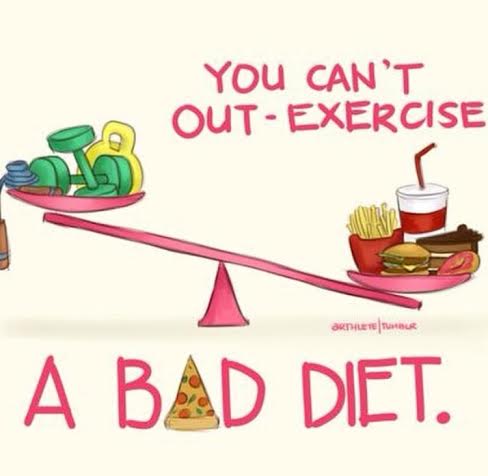
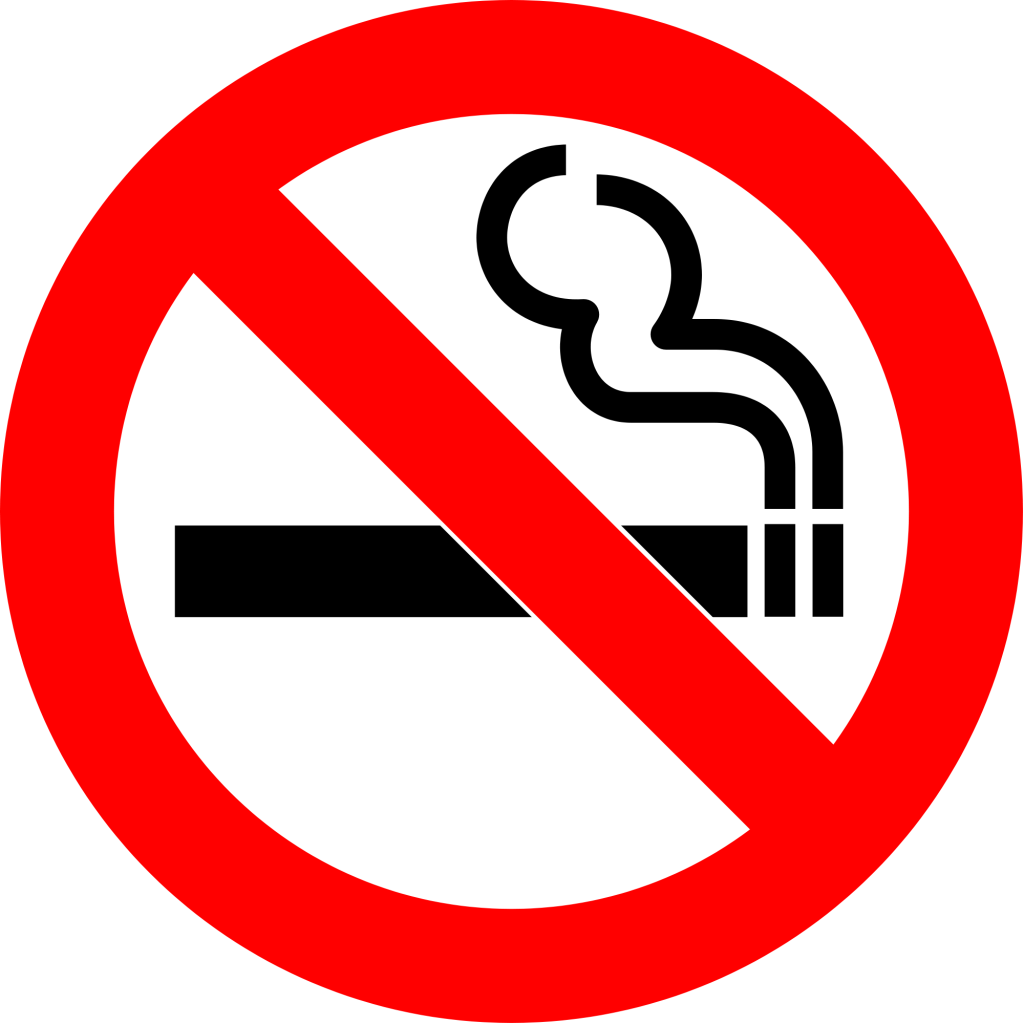

 Hi there!
Thanks for stopping by! I'm Chelsey, an online Registered Dietitian, recipe developer, budding photographer, and coffee addict! My mission is to help you feel good through food by answering the question "What should I eat?" Let's make nutrition approachable!
I hope you enjoy my personal collection of simple, healthy, food allergy friendly and nutritiously delicious recipes, plus tips and tons of tricks that will help YOU live a nutritionally-balanced life! I look forward to getting to know you better...
Hi there!
Thanks for stopping by! I'm Chelsey, an online Registered Dietitian, recipe developer, budding photographer, and coffee addict! My mission is to help you feel good through food by answering the question "What should I eat?" Let's make nutrition approachable!
I hope you enjoy my personal collection of simple, healthy, food allergy friendly and nutritiously delicious recipes, plus tips and tons of tricks that will help YOU live a nutritionally-balanced life! I look forward to getting to know you better...








When I turned the radio in my car on after reading your post, I heard that it was National Homemade Soup Day!
Even though most of us know the information…thank you for heightening our awareness and helping us get back on track…especially for women!